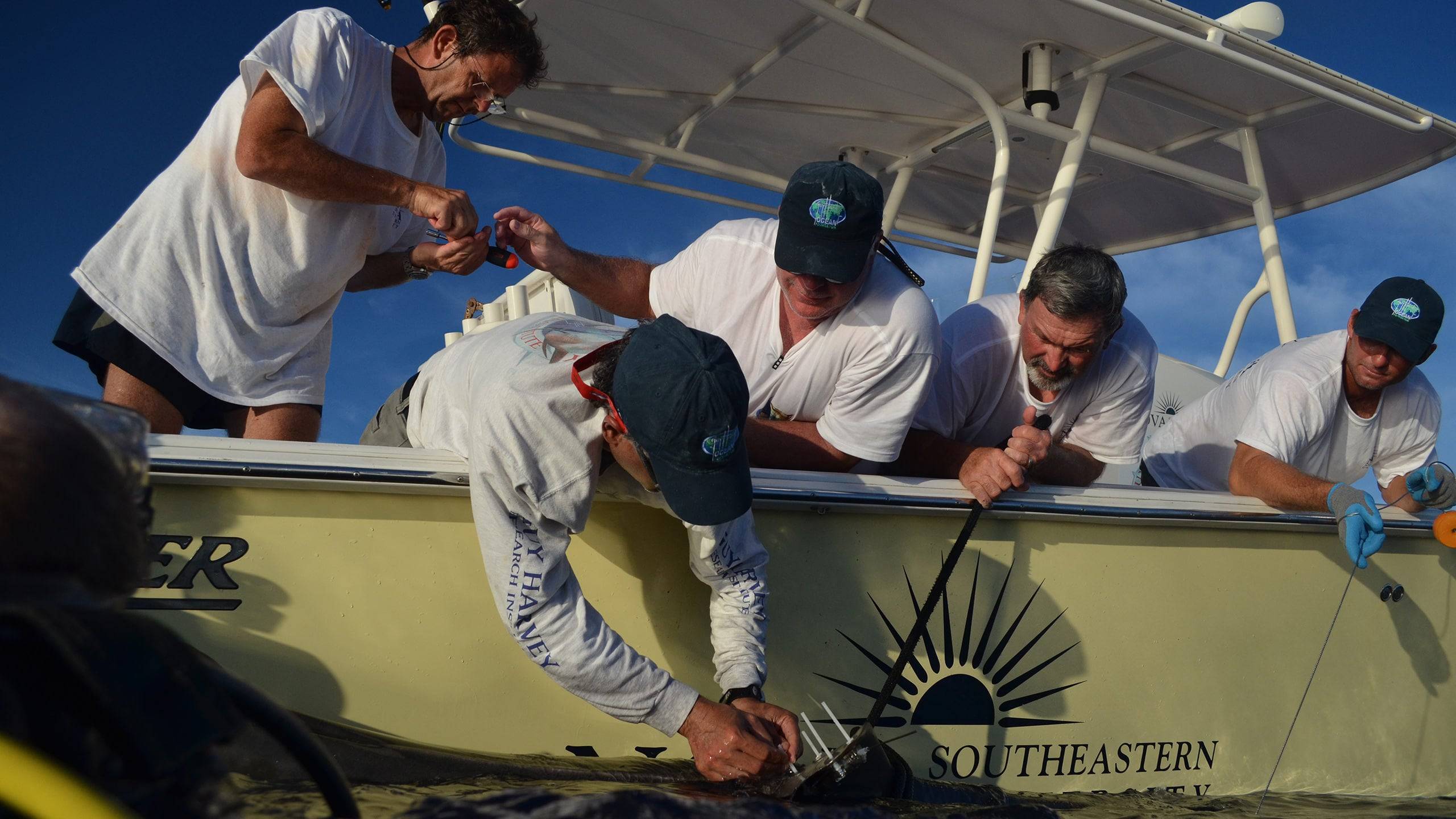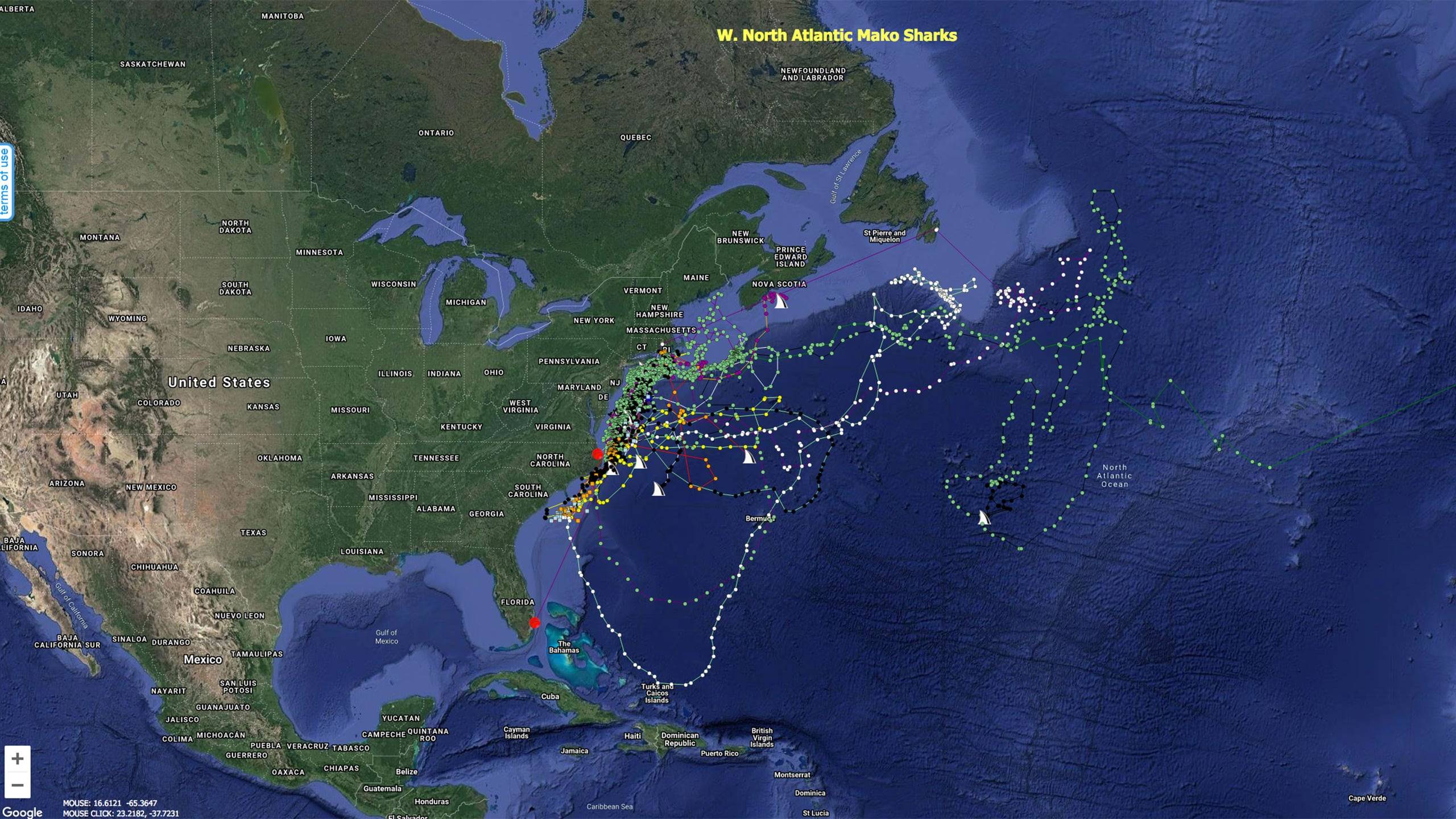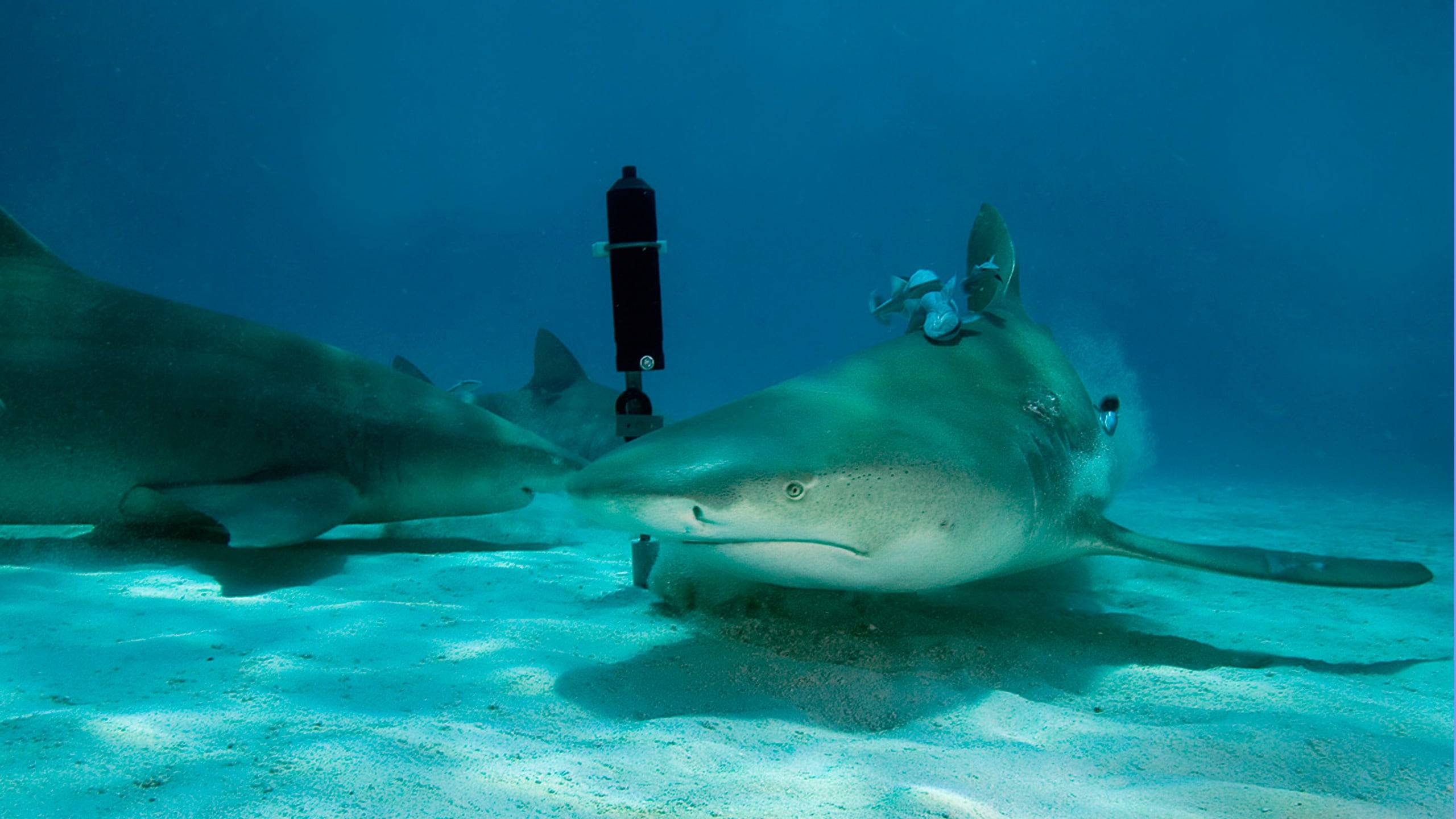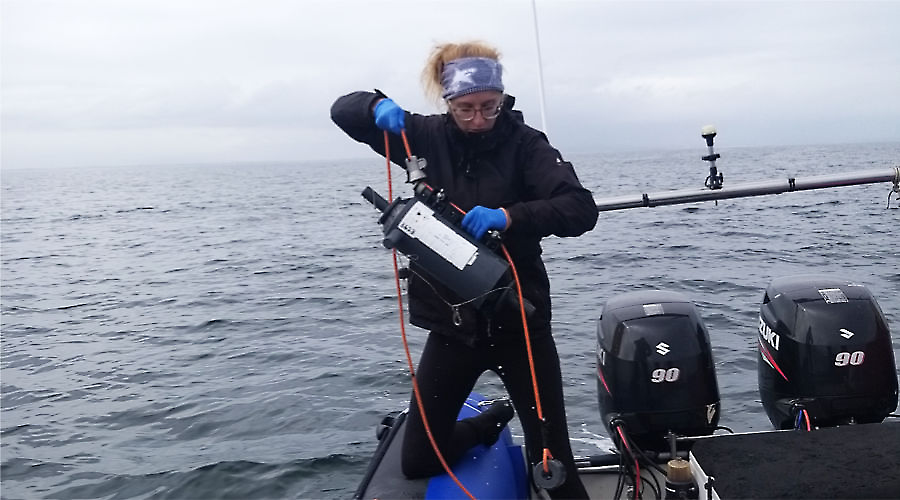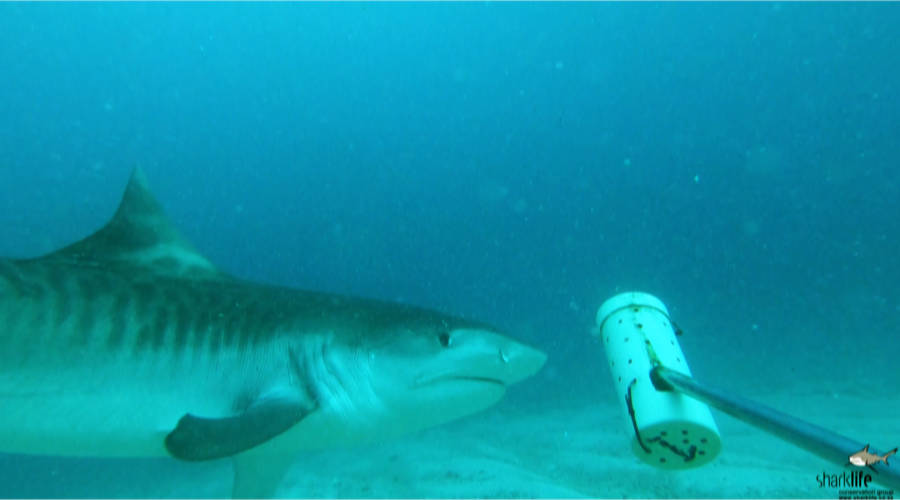South Africa is located between the Atlantic and Pacific Oceans and is a hotspot when it comes to climate change. Using e(environmental)DNA this study will investigate the influence of climate change on the occurrence of key species of the approximately 200 shark and ray species found in this region.
Seawater filter for collecting eDNA
Photo © K. Loosen
Environmental DNA (eDNA) study on shark and ray populations in South Africa
Background
South Africa is located between the Atlantic and Pacific Oceans and is a hotspot when it comes to climate change. The study will investigate the influence of climate change on the occurrence of key species of the approximately 200 shark and ray species found in this region.
Traditional surveys of shark and ray populations are complex and expensive. They include representative catches and recaptures, interviews with fishermen and fish traders, underwater videos (BRUVS, i.e. Baited Remote Underwater Video Stations) and other methods. As previous studies have shown, living organisms also leave species-specific traces in the form of DNA. Studying populations using DNA samples (eDNA) extracted from the environment (in this case seawater) is a relatively inexpensive and now technically established alternative for qualitative studies on the occurrence of specific species in a region. However, it reveals nothing or very little about population sizes.
Objectives
This project - part of a dissertation at Stellenbosch University - will investigate the occurrence of several important shark and ray species along the South African coast using eDNA analysis. The following locations will be analyzed: False Bay, Gansbaai, De Hoop, Mossel Bay, Plettenberg Bay, Algoa Bay, Chintsa, Umkomaas, Richards Bay, Sodwana Bay, Port Nolloth, Strandfontein, Saldanha Bay. The goal is to test, for the first time, such broad-scale eDNA surveys of shark and ray populations in South Africa in order to establish a basis for future similar surveys that may reveal trends in species composition caused by climate change.
Project Status
The data collection and has started in 2022 and is presently ongoing.
Administrative Details
Project Status: in progress since 2022
Project leader: Kristina Loosen, Stellenbosch University, South Africa
Funding since 2022: approx. CHF 8,300




